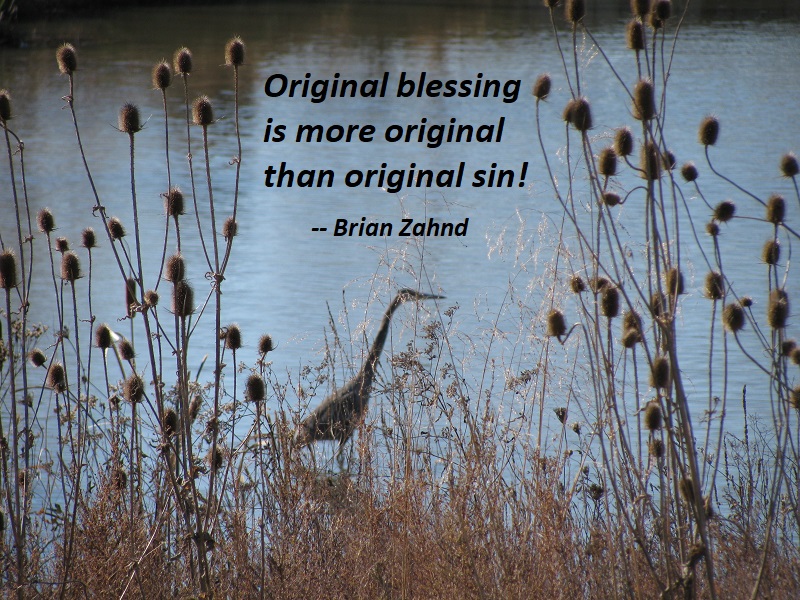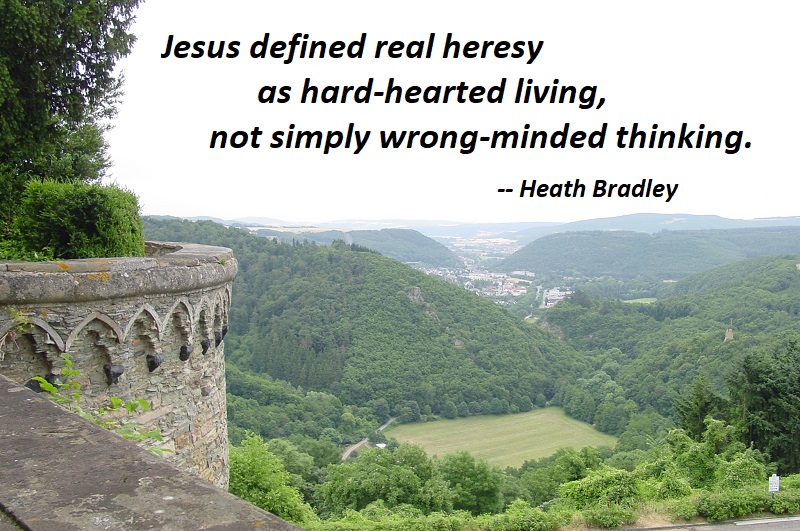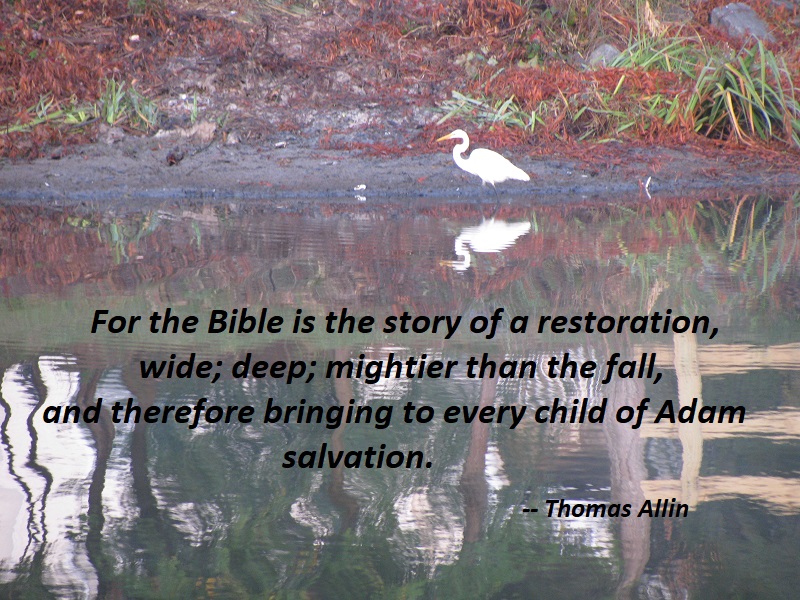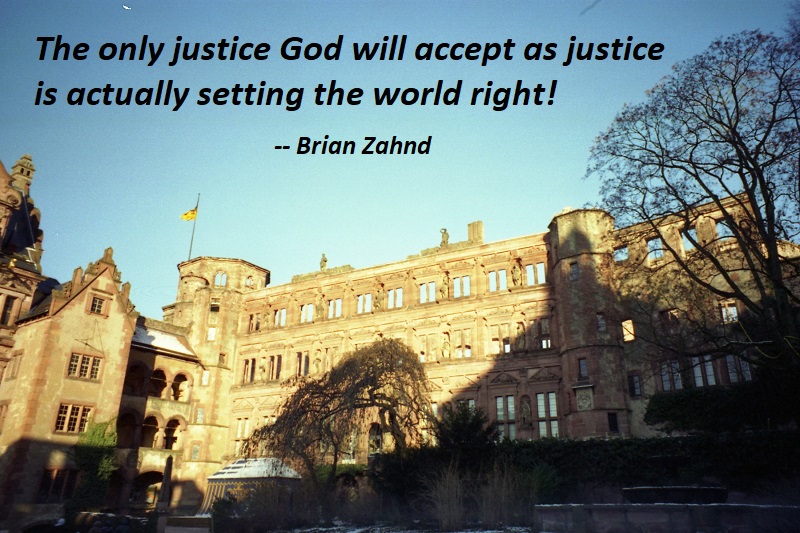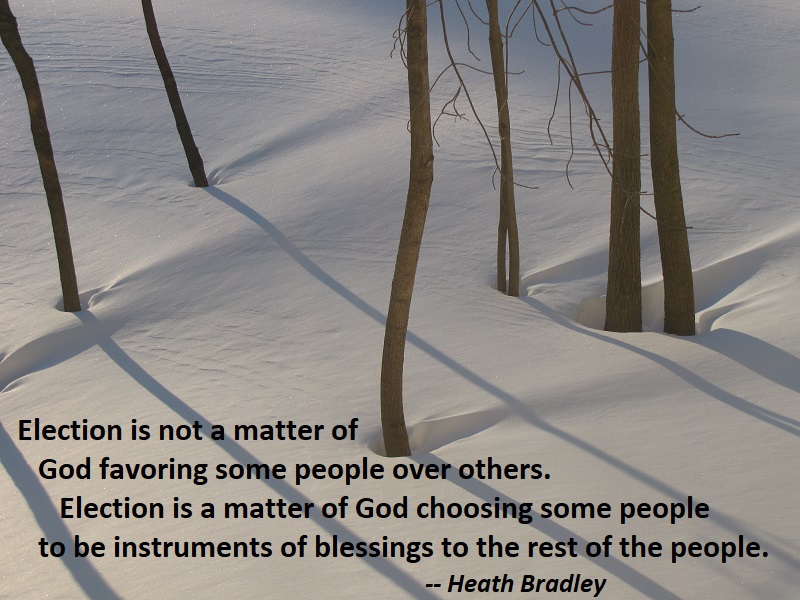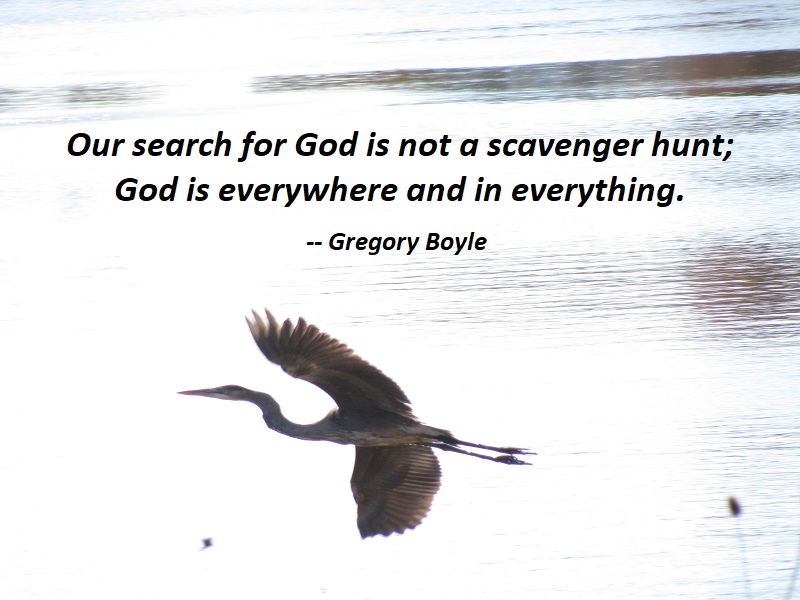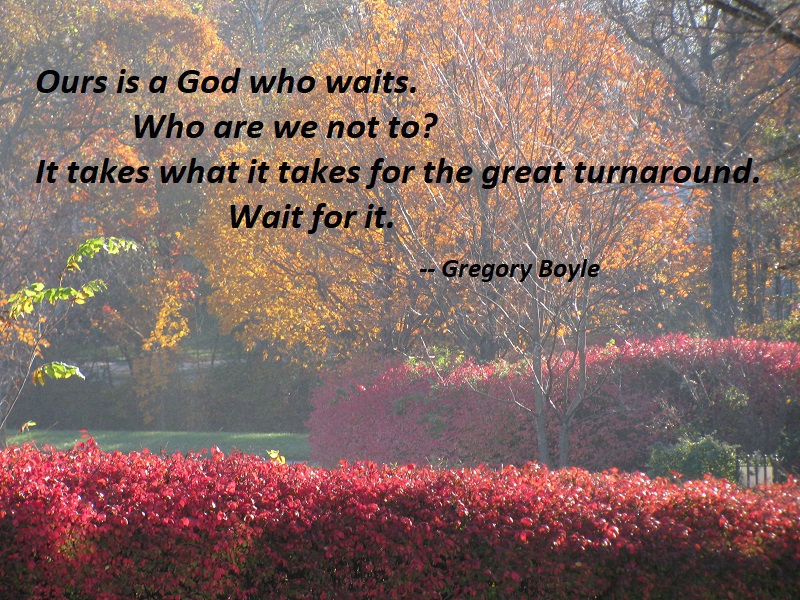Original Blessing
But this distorted understanding of the cross gets worse. If we say that at the cross Jesus was being punished by God for our sins, it forces adherents of this theological system to say that what Jesus suffered in torture and crucifixion is what every person deserves. We’ve probably all heard preachers say that very thing. What Jesus suffered on the cross is what we all deserve! (I used to say it!) But is that true? Is it true that every person deserves to be tortured to death? Is it true that your grandmother deserves to be tortured to death? Is it theologically accurate to point to a six-year-old girl and say, “That little girl deserves to be tortured to death”? Is it true that God created humanity in such a way that every single man, woman, boy, and girl deserves to be beaten, scourged, and nailed to a tree? Of course it’s not true! You know it’s not true! No one deserves to be tortured to death! So where does this religious nonsense come from? It mostly comes from Calvin painting himself into a theological corner in order to maintain the logic of his system. (Once you’ve concocted a theological system that forces you to defend the idea that every person deserves to be tortured to death, it would be best to just scrap the whole system!) But to assert that every person deserves to be violently tortured to death is worse than theological nonsense; it’s a vicious assault upon divine goodness and human dignity. What sinners need (shall we say deserve? is love and healing, not torture and death. We are worthy of God’s love and healing not on the basis of personal merit but because of the image we bear: the very image of God. Original blessing is more original than original sin!
God did not kill Jesus, but Jesuus’s death was a sacrifice. Jesus sacrificed his life to show us the love of the Father. Jesus sacrificed his life to shame the ways and means of death. Jesus sacrificed his life to remain true to everything he taught in the Sermon on the Mount about love for our enemies. Jesus sacrificed his life to confirm a new covenant of love and mercy. Jesus sacrificed his life to Death in order to be swallowed by Death and destroy Death from the inside. The crucifixion of Jesus was a sacrifice in many ways. But it was not a ritual sacrifice to appease a wrathful deity or to provide payment for a penultimate god subordinate to justice.
— Brian Zahnd, Sinners in the Hands of a Loving God, p. 107-109
Photo: South Riding, Virginia, November 24, 2017
